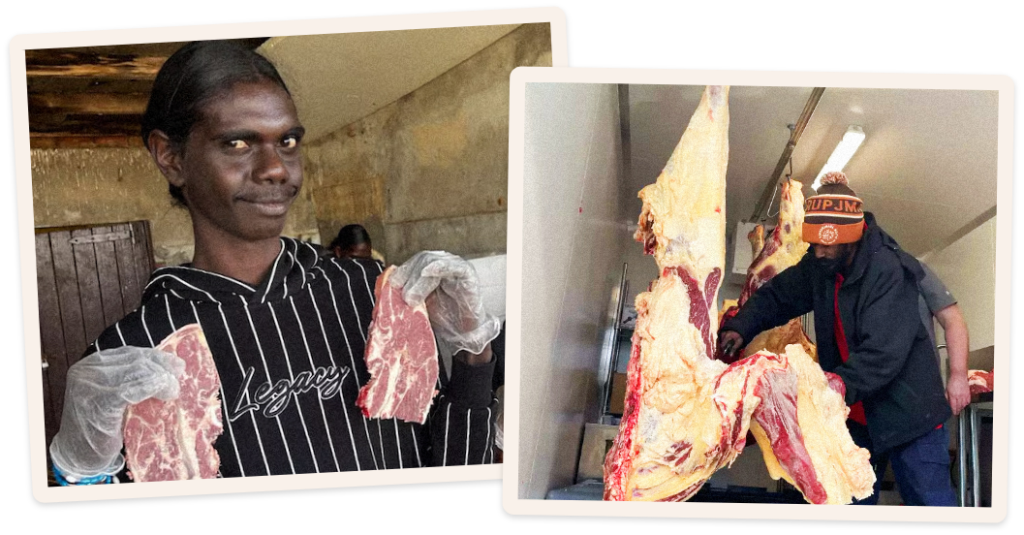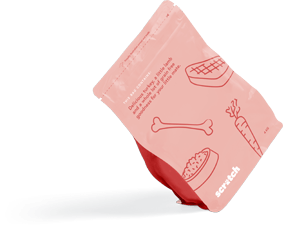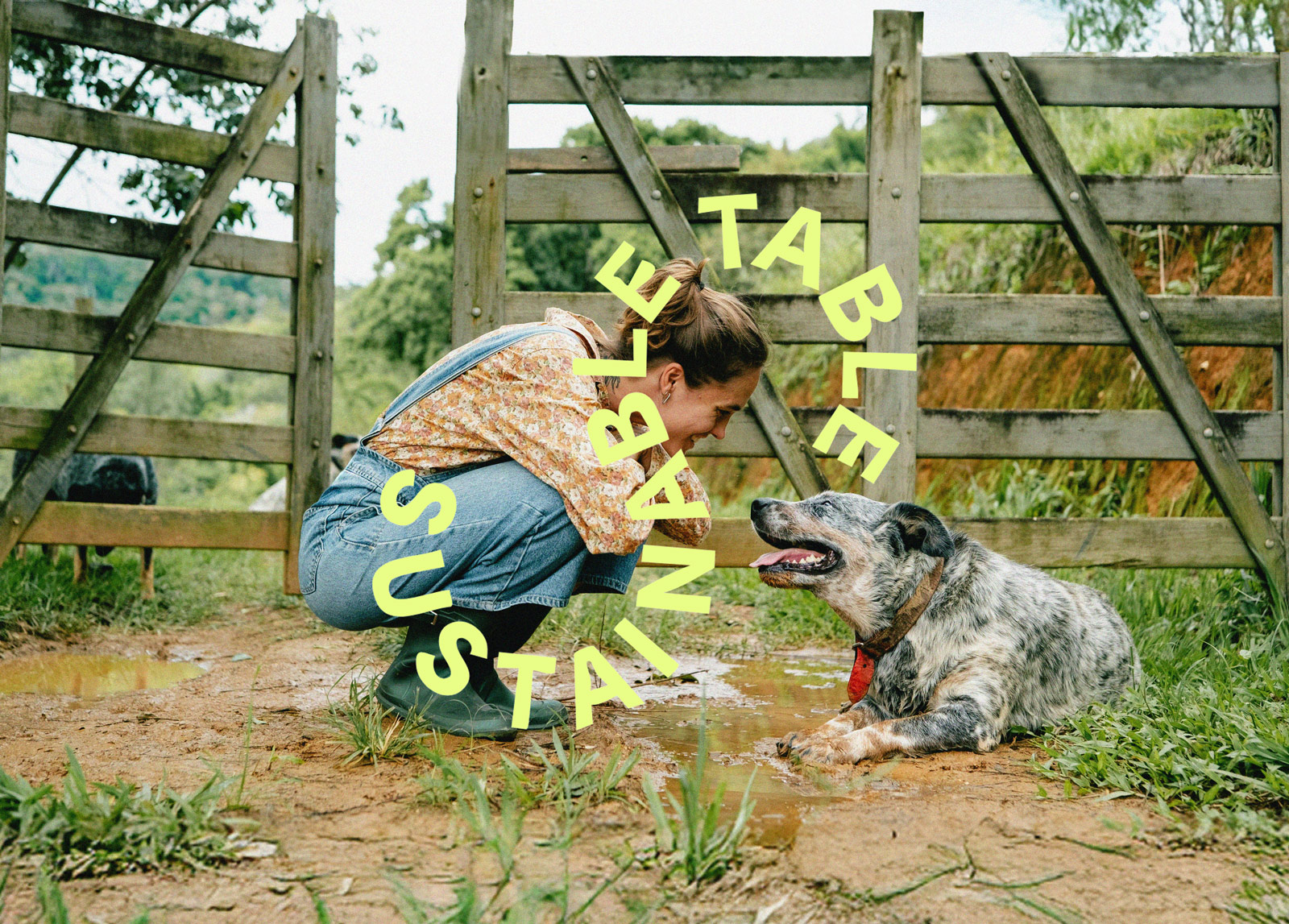ICYMI: we introduced a new impact partner: Sustainable Table. They’re all about supporting local Aussie farmers to embrace regenerative food and farming. It’s important work, especially with so much of our agriculture (and particularly meat industries) controlled by a select bunch of mass producers focused on export. It’s something that’s been on our mind as a business that spends a ton of time sourcing high-quality, local produce (and weighing up the impact of it all). BUT we got to thinking, what more could we do?
That’s why we’ve created this fund.
The Dog Food Fund. What’s that you ask? Great question. It’s a fund to back projects making the pet food supply chain more sustainable, local and regenerative.
“We wanted to be able to provide a pathway for us and all the other businesses in the pet food industry to be able to get away from mass-produced meat. If you want to have more options, know where your food is coming from and how it’s quality controlled or changes between seasons, then you need to support those small-scale farmers.”
Sustainable Table’s CEO Jade hit the Yarra Trail with Mike (and a very excited Mello) to chat all about how the partnership came to be.
And our first project is already on the way…
Quite literally. We’ve funded a mobile butcher trailer. It’s the first of its kind in Victoria. Run by the folks over at Kerrupjmara Meats in partnership with the Thamarrurr Youth Corporation. They’ll be training up First Nations youth from the NT to butcher and supply sustainable and locally-sourced cuts to the regional areas it’s needed most. Ensuring that cultural knowledge and practical skills are passed down to the next generation.

Why do we love it?
Because it supports First Nations leadership, equity, and sovereignty in the food system. And it’s solving a number of real and often overlooked problems.
For starters, the regional meat supply chain in Australia is under growing pressure. Small and regenerative farmers are struggling to access suitable abattoirs, with many facilities closing or discontinuing service kills in recent years. A lack of transparency and traceability in the supply chain also makes it difficult for consumers to know exactly where their meat comes from. And at the same time, regional towns are seeing a decline in local butcher shops, reducing access to fresh, locally sourced meat. These challenges all make it harder for farmers to meet the increasing demand for ethically and sustainably produced meat.

We’re stoked to be supporting organisations funding real, sustainable solutions and we hope you are too. Tell your dog thanks for doing their bit (eating) for Aussie farmers and give ‘em a pat for us.
Cheers,
Mike, Doug & the Scratch team


